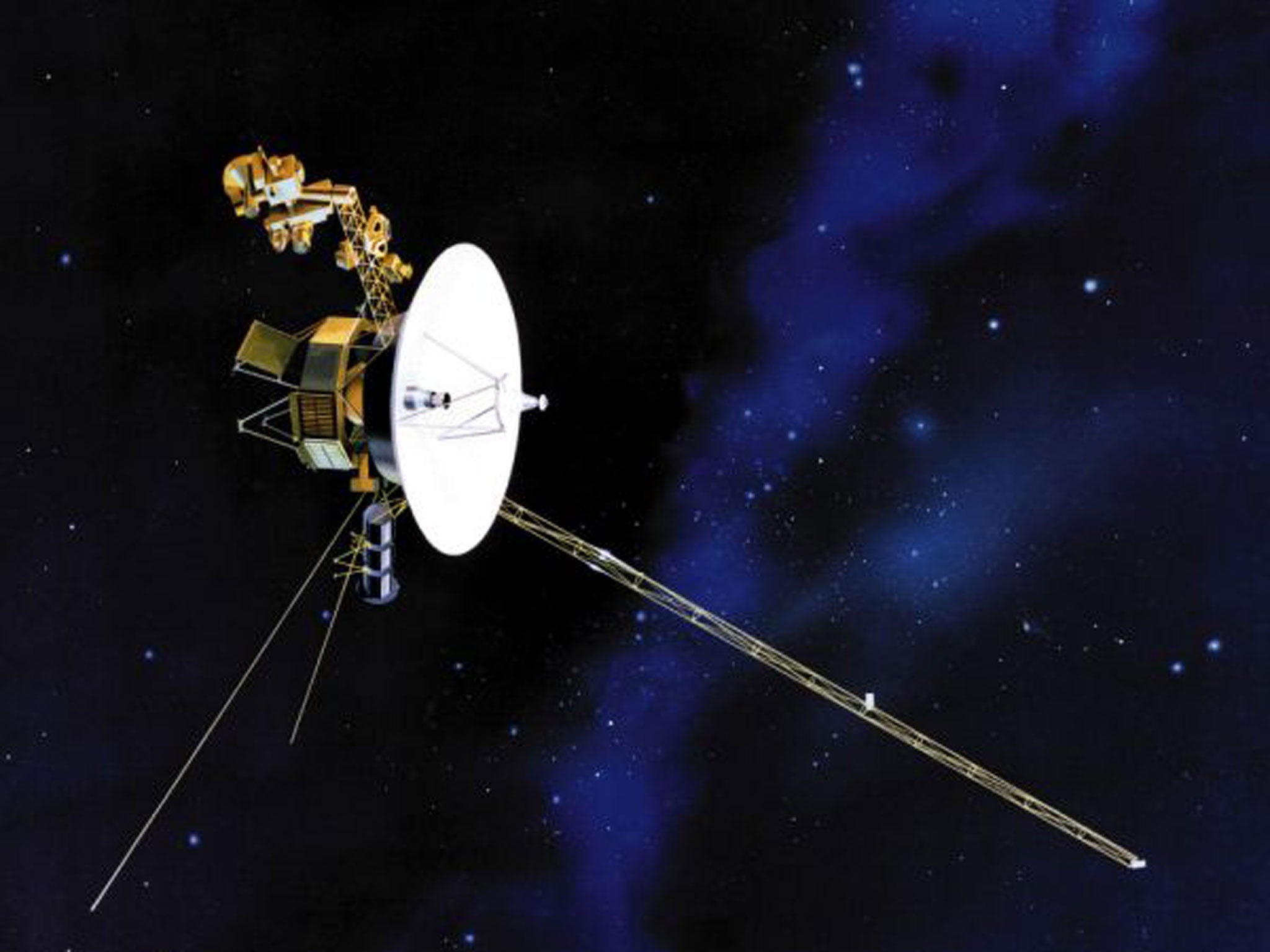Self-replicating alien space probes could already be in our solar system, say mathematicians
Mathematicians analysed the possibility that probes could travel through space in a study published in the Journal of Astrobiology

Your support helps us to tell the story
From reproductive rights to climate change to Big Tech, The Independent is on the ground when the story is developing. Whether it's investigating the financials of Elon Musk's pro-Trump PAC or producing our latest documentary, 'The A Word', which shines a light on the American women fighting for reproductive rights, we know how important it is to parse out the facts from the messaging.
At such a critical moment in US history, we need reporters on the ground. Your donation allows us to keep sending journalists to speak to both sides of the story.
The Independent is trusted by Americans across the entire political spectrum. And unlike many other quality news outlets, we choose not to lock Americans out of our reporting and analysis with paywalls. We believe quality journalism should be available to everyone, paid for by those who can afford it.
Your support makes all the difference.Researchers from Edinburgh University have said 'self replicating' robotic space probes from alien civilisations could already have arrived in our solar system.
The probes, which mathematicians Duncan Forgan and Arwen Nicholson referred to in their paper 'Slingshot Dynamics for Self Replicating Probes and the Effect on Exploration Timescales', could be so hi-tech that they're invisible to human beings, the researchers said.
The two mathematicians analysed the possibility that probes could travel through space in a study published in the Journal of Astrobiology.
The paper raises the question of whether alien races could have used the gravity of stars to “slingshot” probes in order to gain speed: a technique humans already use for probes, such as the Voyager. The Voyager space probe uses a 'slingshot' technique but uses planets rather than stars as the Scotland-based mathematicians suggest.
The researchers also analysed how a fleet of probes could 'self replicate' and build new versions of themselves from dust and gas while traveling through space.
Dr Forgan said: "The fact we haven't seen probes of this type makes it difficult to believe that probe building civilisations have existed in the Milky Way in the last few million years."
According to the researchers' calculations alien probes would only need to travel at one tenth of the speed of light in order to explore every part of our galaxy within 10 million years.
The scientists said: 'We can conclude that a fleet of self-replicating probes can indeed explore the Galaxy in a sufficiently short time...orders of magnitude less than the age of the Earth.'
The research chimes with that Jacob Haqq-Misra who in 2011 suggested that alien objects could already exist in our solar system without us knowing - because we haven't looked hard enough for them.
The new piece of research once again raises the so-called 'Fermi Paradox' about the search for alien life.
The paradox, suggested by physicists Enrico Fermi and Michael H. Hart, is the apparent contradiction between the high probability extraterrestrial civilizations' existence and the lack of contact with such civilizations.
Join our commenting forum
Join thought-provoking conversations, follow other Independent readers and see their replies
Comments